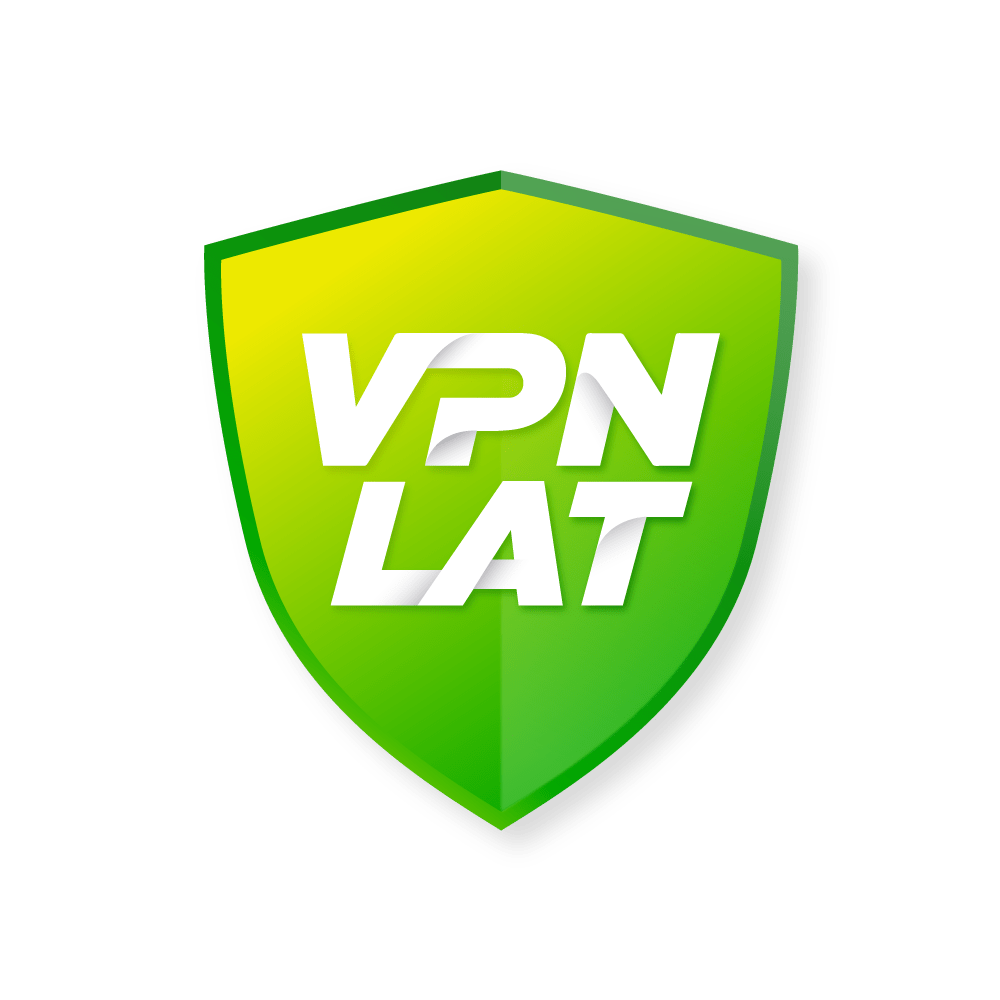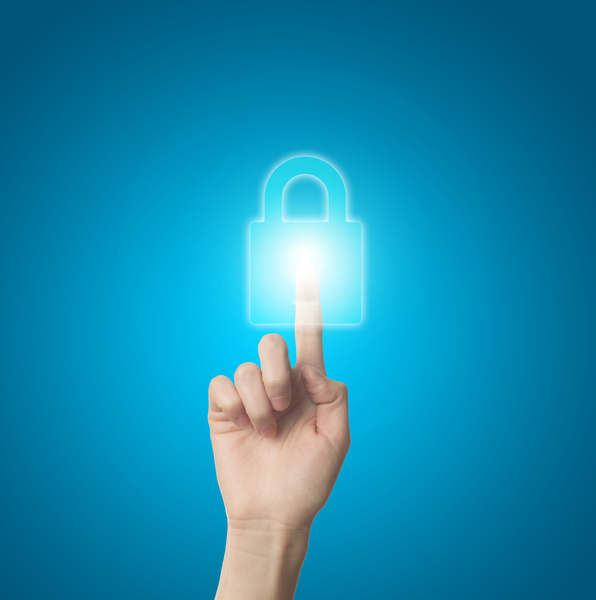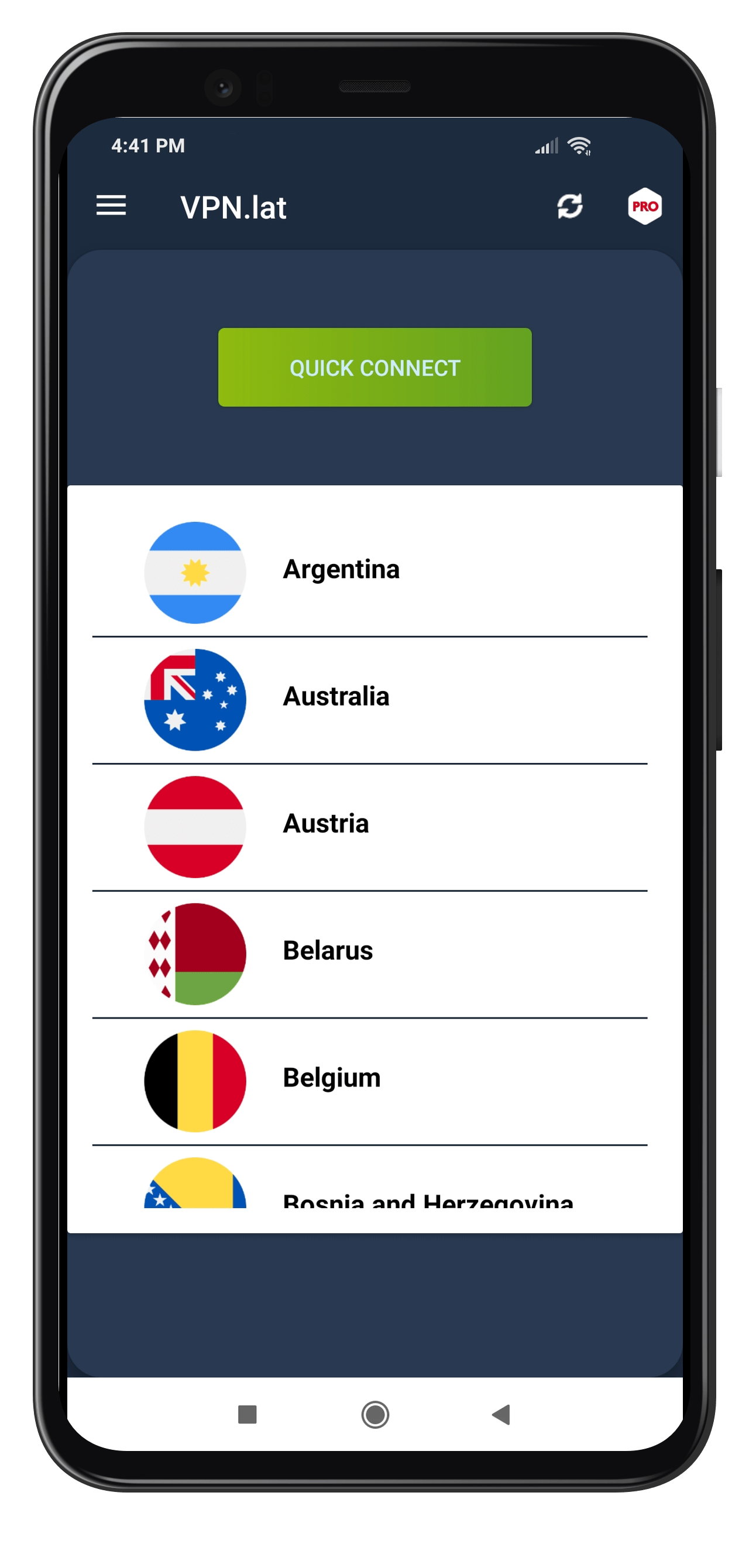In an increasingly interconnected world, most Internet users have fundamental concerns about online security and privacy. Virtual Private Networks (VPNs) have become an essential tool for safeguarding information and maintaining anonymity on the web. In this guide, we will delve into what a VPN is and how it works so that you can browse the web with confidence and peace of mind.
What is a VPN?
A Virtual Private Network (VPN) is a technology that enables you to establish a secure and encrypted connection over the Internet. This means that you encrypt your data to protect it from prying eyes and potential cyber threats. A VPN acts as an intermediary between your device and the server you connect to, hiding your actual IP address and disguising your geographic location.
How Does a VPN Work?
Now that you grasp the general concept of a VPN, let’s examine how it operates step by step:
- Connecting to the VPN Server: When you activate your VPN, you connect to one of the available VPN servers in different geographic locations. Your Internet traffic passes through this server.
- Data Encryption: Once connected to the VPN server, your data, such as web browsing, emails, and file transfers, gets encrypted. This means that you transform your data into a series of unreadable characters for anyone attempting to intercept it.
- Hiding Your IP: You replace your real IP address with the IP address of the VPN server. This conceals your actual location and enables you to access content that may be blocked in your area.
- Anonymous Browsing: Since your IP is hidden, and your data is encrypted, you browse the web anonymously. Third parties, such as advertisers or governments, cannot track your online activities.
- Security on Public Networks: VPNs are particularly useful when connecting to public Wi-Fi networks, such as those in cafes or airports. Encryption safeguards your data from potential hacker attacks on these insecure networks.
Benefits of Using a VPN:

Security on Public Networks:
You keep your data safe when connecting to public Wi-Fi.
Access to Blocked Content:
You unlock websites and services that might be restricted in your location.
Improve latency
Get better PING on some games like Free Fire or PUBG from certain countries.
Online Privacy:
You protect your personal data and web browsing from prying eyes.



